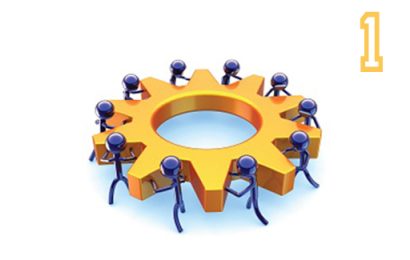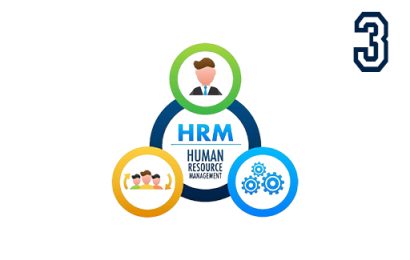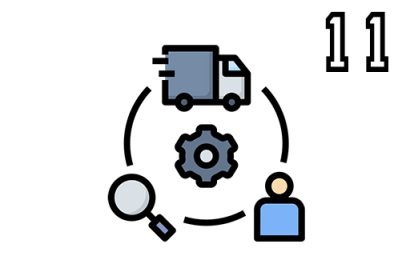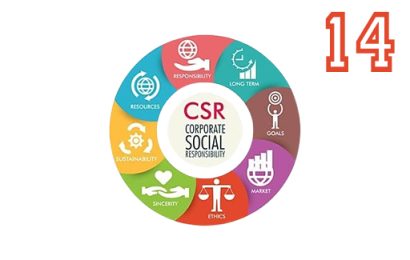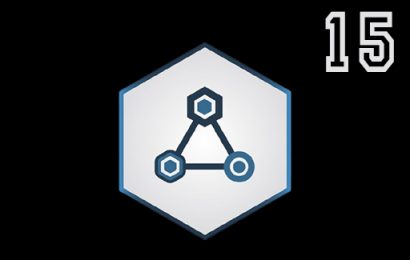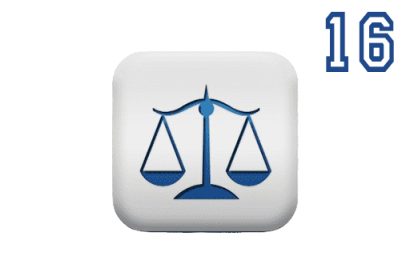Showing 1-16 of 16 results
TPM – Theory and practice of Management
Management thought has evolved over centuries, shaping how organizations function today. Its roots trace back to ancient civilizations like Egypt and Rome, where structured administration was crucial for governance and large-scale projects. However, modern management principles emerged during the Industrial Revolution, when theorists like Frederick Taylor introduced Scientific Management to…
ORG – Organisational Behaviour
Organizational Behavior (OB) is the study of how individuals, groups, and structures impact behavior within organizations. Its roots can be traced back to the early 20th century, influenced by scientific management (Frederick Taylor) and human relations movements (Elton Mayo). Over time, OB has evolved, incorporating psychology, sociology, and management sciences…
ACT – Fundamentals of accounting
Human Resource and Talent Management (HR and TM) has evolved significantly over the years, shifting from a primarily administrative role to a strategic partner within organizations. Historically, HR focused on administrative tasks like hiring, payroll, and compliance. However, as businesses recognized the critical role of human capital in driving performance,…
MBE – Managerial and Business Economics
Accounting has a rich history dating back to ancient civilizations, where merchants and rulers used rudimentary bookkeeping to track trade and taxation. The modern double-entry accounting system emerged in the 15th century, pioneered by Luca Pacioli, the “Father of Accounting.” Over time, accounting principles evolved to ensure transparency, accuracy, and…
LED – Leadership and Entrepreneurship Development
Financial management has evolved significantly from ancient trade practices to modern corporate finance. Historically, civilizations like Mesopotamia and Rome used financial principles to manage resources, taxation, and trade. The 20th century saw the formalization of financial theories, with economists like Irving Fisher and John Maynard Keynes shaping investment and capital…
BRM – Statistics, Business research & IT applications
Strategic management has evolved from military strategy to a vital discipline in business and organizations. Its roots can be traced back to early warfare tactics, where leaders like Sun Tzu and Clausewitz emphasized planning and competitive advantage. In the 20th century, strategic management became a formalized field, with thinkers like…
BAN – Business Analytics
Marketing management has evolved significantly over time, shaped by economic, social, and technological changes. Its origins can be traced back to the early 20th century when businesses began shifting from a production-oriented approach to a customer-centric one. The development of marketing thought progressed through various stages, from the production and…
FIM – Corporate Finance & Financial Management
Statistics for management has evolved as a critical discipline, helping organizations, make informed decisions based on data analysis. Historically, statistical methods date back to the 18th and 19th centuries, with pioneers like Carl Friedrich Gauss and Francis Galton developing key concepts such as probability theory and regression analysis. The 20th…
SCM – Operations and Supply Chain Management
International business has evolved over centuries, driven by trade, exploration, and globalization. From the Silk Road to the modern digital economy, businesses have expanded beyond borders, fostering economic growth and cultural exchange. The Industrial Revolution and advancements in transportation and communication further accelerated global trade, shaping the interconnected markets we…
MAM – Marketing Management
Entrepreneurship has been a driving force of economic progress for centuries, evolving from traditional trade practices to modern, technology-driven enterprises. Historically, early entrepreneurs were merchants and craftsmen who capitalized on trade routes and innovations. The Industrial Revolution marked a significant shift, introducing large-scale production and new business models. Entrepreneurial thought…
IBM – International Business Management
Operations and supply chain management (SCM) have evolved over centuries, with roots tracing back to early trade and logistics. In the 20th century, innovations in manufacturing processes and transportation revolutionized supply chains. The development of concepts like Just-in-Time (JIT) and Total Quality Management (TQM) in the 1970s and 1980s further…
PRM – Project Management
Project management has evolved significantly from its early origins, influenced by various historical milestones and innovations. Its roots can be traced back to the construction of the pyramids and the Roman aqueducts, where early project planning, resource allocation, and workforce management were essential. However, it wasn’t until the mid-20th century…
STM – Strategic Management
Management research, analytics, and information technology (IT) have evolved significantly over the years, shaping modern business practices. The history of management research traces back to the early 20th century, beginning with the classical theories of management by thinkers like Frederick Taylor and Henri Fayol. Over time, the human relations movement…
HCM – Healthcare Management
Ethics and Corporate Social Responsibility (CSR) have evolved over the years to become essential elements in business practices. The concept of ethics in business traces back to ancient civilizations, where trade was governed by moral guidelines. However, modern CSR emerged in the early 20th century, influenced by thinkers like Milton…
HHM – Hospitality and Hotel Management
Leadership and change management have evolved significantly over time, adapting to social, technological, and organizational shifts. Historically, leadership was often seen as an authoritarian role, with leaders making decisions that were simply followed by subordinates. However, as businesses and organizations grew more complex, leadership theory transitioned towards collaborative and transformational…
HRM – Talent and HRM
Managerial Economics is the application of economic theory and methodologies to business decision-making. Its roots trace back to the early 20th century when economists such as Alfred Marshall and Ronald Coase integrated economic concepts with business strategies. The field evolved to bridge the gap between abstract economic theory and the…


